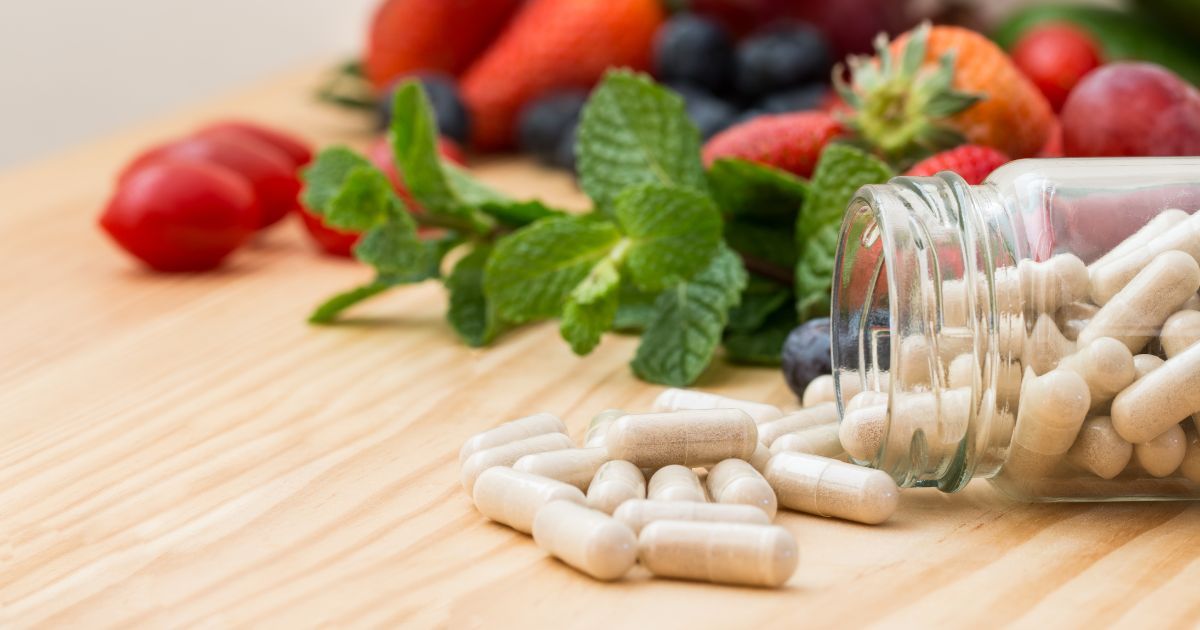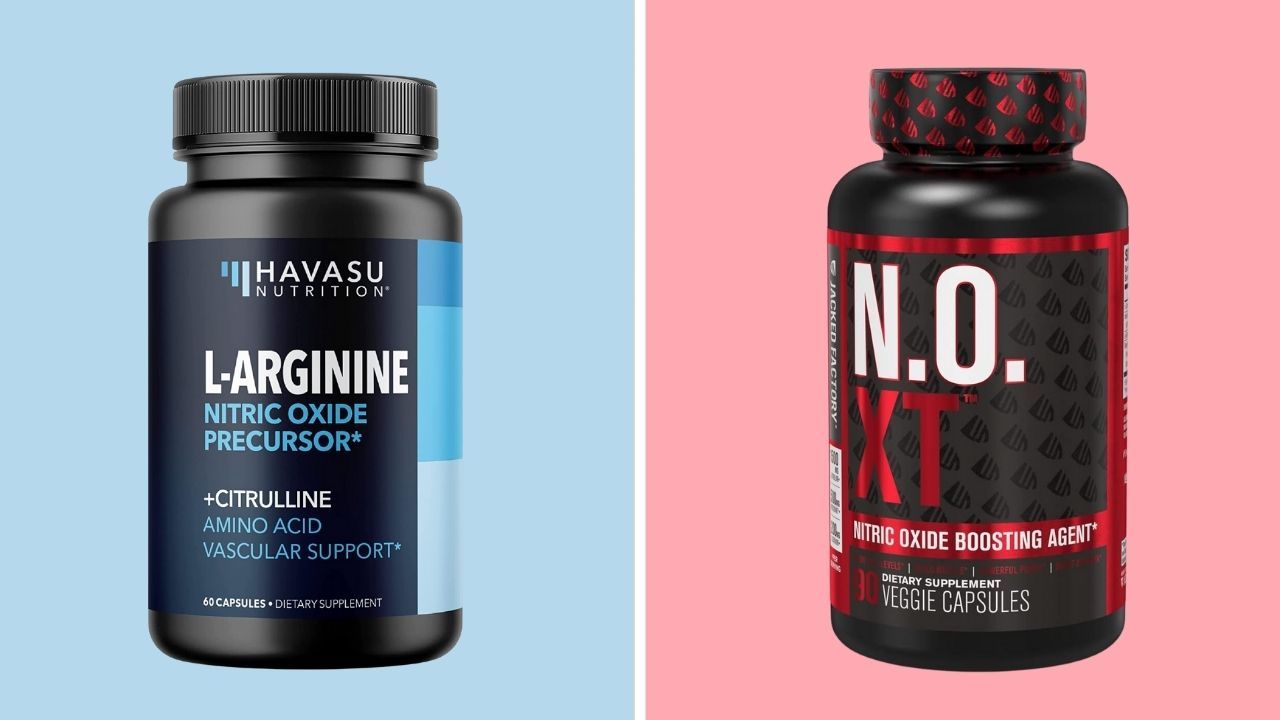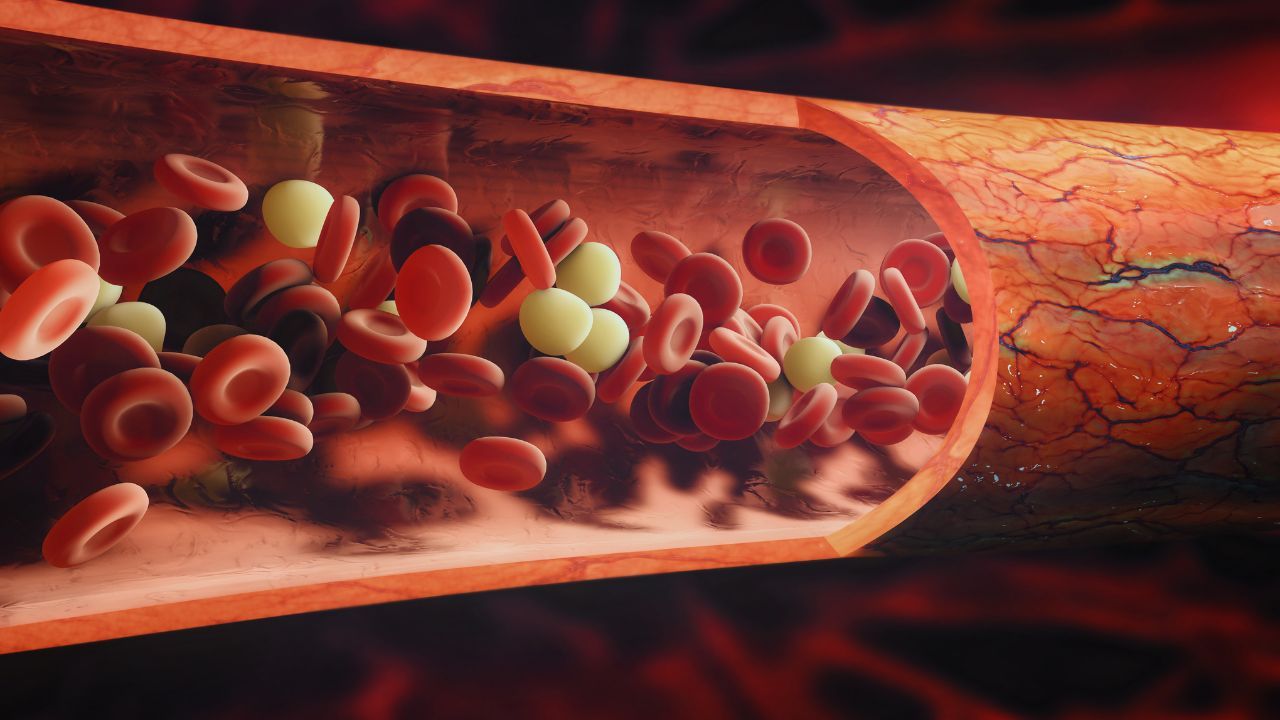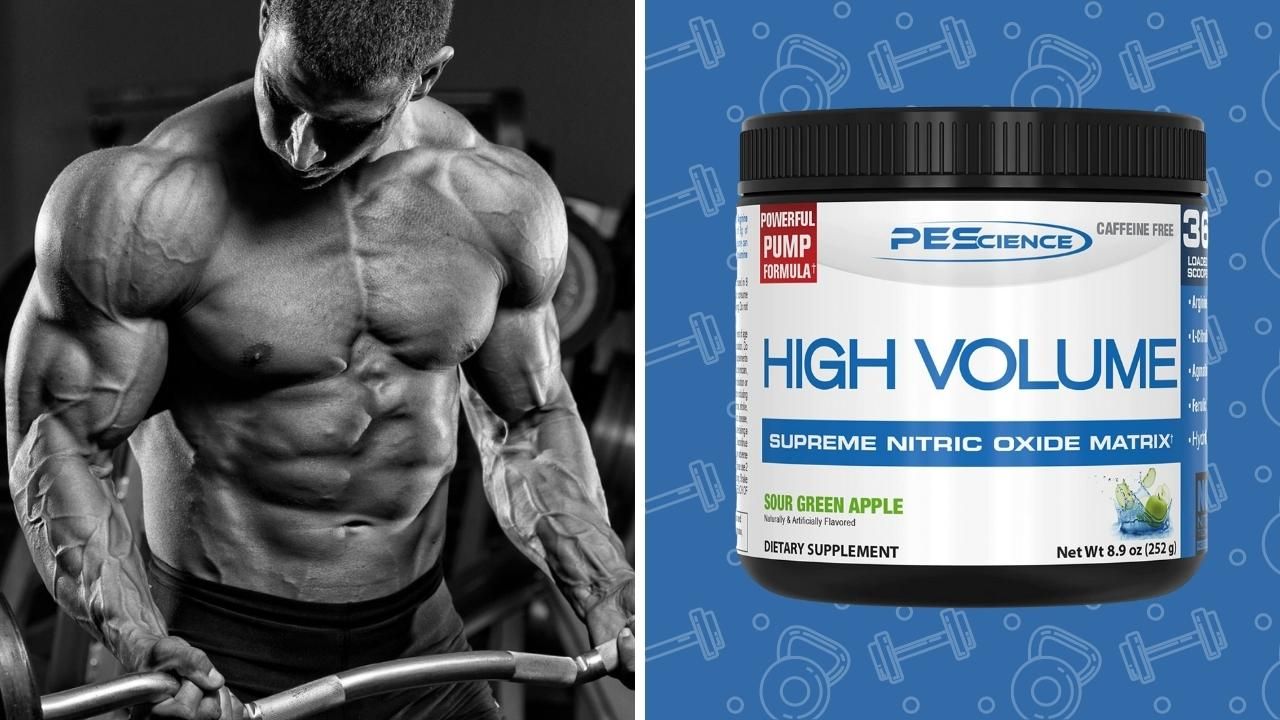
How to Increase Nitric Oxide and Unlock Peak Performance
Boost your health naturally! Learn how to increase nitric oxide levels for better cardiovascular health and cognitive function.
Ever heard of nitric oxide?
It's not something that comes up in everyday conversation, but it plays a significant role in our bodies.
Nitric oxide, or NO for short, is a molecule that our body produces to help its 50 trillion cells communicate with each other.
This tiny molecule has a big job, and today we're going to explore what it is, why it matters, and how you can boost your levels to improve your health and performance.
Understanding Nitric Oxide
Nitric oxide is like the body's own personal traffic cop, directing blood flow and oxygen to the areas that need it most.
The science behind NO is fascinating. Think of it as a sort of biological Morse code. It signals your blood vessels to relax and expand, improving circulation and oxygen delivery.
This process, known as vasodilation, is crucial for maintaining optimal health. Imagine your blood vessels are like highways; nitric oxide essentially adds more lanes, allowing for smoother, faster traffic flow.
Maintaining optimal NO levels is important because it helps regulate blood pressure, prevents clot formation, and boosts immune function.
So, in essence, nitric oxide is a key player in keeping your body running smoothly.
The Impact of Nitric Oxide on Health and Fitness
Nitric oxide isn't just a vital part of our internal workings; it also has some pretty impressive benefits for our health and fitness.
- To begin with, it benefits cardiovascular health. By improving blood flow, NO can help reduce the risk of heart disease and stroke.
- NO can also give your brain a boost. Improved blood flow means more oxygen and nutrients reach your brain, enhancing cognitive function.
How to Recognize Low Levels of Nitric Oxide
Recognizing low levels of Nitric Oxide can be tricky as it involves observing certain symptoms and physical changes, given that there isn't a standard home test available.
Here are some signs indicating that you might have low Nitric Oxide levels:

- Decreased blood flow: If your extremities like hands and feet often feel cold, it could indicate poor blood circulation, a symptom of low Nitric Oxide.
- High blood pressure or hypertension: Nitric Oxide helps in maintaining the elasticity of blood vessels, promoting healthy blood pressure. High blood pressure could be a sign of decreased Nitric Oxide production.
- Memory loss and cognitive issues: Nitric Oxide plays a crucial role in memory and learning. Issues with memory or overall cognitive function could be linked to low Nitric Oxide levels.
- Chronic fatigue: If you're constantly feeling tired or lack energy, it could be due to low Nitric Oxide levels. Nitric Oxide aids in oxygen delivery throughout the body, and a deficiency could lead to fatigue.
- Insomnia and sleep issues: Proper sleep requires good blood flow and oxygenation, which Nitric Oxide facilitates. Sleep problems could indicate low Nitric Oxide levels.
- Depression or mood swings: There's a link between Nitric Oxide and the functioning of the nervous system, including mood regulation. Low levels of Nitric Oxide might contribute to mood disorders.
- Sexual dysfunction: Nitric Oxide plays a key role in erectile function. Difficulty in achieving or maintaining an erection in men, or reduced sexual desire in women, might be signs of low Nitric Oxide.
- Decreased endurance: When nitric oxide levels are low, your body may struggle with efficient oxygen delivery, which can result in reduced stamina and endurance. This is because nitric oxide is responsible for vasodilation - the widening of blood vessels - which allows for better blood flow and oxygen supply.
Natural Ways to Increase Nitric Oxide
Alright, now that we know how crucial nitric oxide is, let's talk about how you can naturally increase your levels.

- Diet plays a significant role here. Certain foods, rich in nitrates and antioxidants like Vitamin C and E, can boost your nitric oxide production. Think green leafy vegetables, beetroots, fruits, and dark chocolate (yes, chocolate!). It's like giving your body a nitric oxide supercharge.
- Watermelon contains a significant amount of citrulline, an amino acid that can be converted by your body into arginine. Arginine promotes the production of nitric oxide, which has several health benefits. Studies have shown that taking citrulline supplements can quickly enhance nitric oxide synthesis.
- Exercise is another natural booster. When you work out, your body needs more oxygen, so it produces more nitric oxide to increase blood flow to your muscles. Consider it your body's automatic response to physical activity - the more you move, the more nitric oxide you produce!
- Certain lifestyle changes can help. Stress management techniques, like yoga or meditation, can improve your body's ability to produce nitric oxide. So can getting enough sleep.
Supplements to Boost Nitric Oxide
You can also opt for nitric oxide supplements to get your levels up. Nitric oxide boosters are generally safe and effective when taken in the recommended doses.

- L-Arginine: This amino acid is directly involved in the synthesis of nitric oxide. It's available as a supplement and can also be found in foods like meat, dairy, and legumes.
- L-Citrulline: Another amino acid that can increase levels of L-arginine in your body, which in turn can increase nitric oxide production. It's often used in supplements designed to improve athletic performance.
- Beetroot powder: Beets are rich in dietary nitrates, which your body can convert into nitric oxide. Beetroot powder is a concentrated source of these nitrates.
- Garlic: Garlic can stimulate the production of nitric oxide by activating nitric oxide synthase, an enzyme involved in the conversion of L-arginine into nitric oxide.
- Vitamin C: Some research suggests that Vitamin C might enhance the bioavailability of nitric oxide, as it can increase the activity of the enzyme nitric oxide synthase.
- Pomegranate Extract: This fruit is rich in antioxidants and dietary nitrates, both of which may boost nitric oxide levels.

Medical Interventions to Boost Nitric Oxide
In some cases, diet, exercise, and lifestyle changes might not be enough. That's where medical interventions come into play.
- Nitroglycerin: This medication is often used to treat angina (chest pain). It works by relaxing and widening blood vessels so that blood can flow more easily to the heart.
- Isosorbide mononitrate and dinitrate: These drugs are also used to prevent chest pain in patients with certain heart conditions. They belong to a class of drugs known as nitrates.
- Sildenafil (Viagra), tadalafil (Cialis), and vardenafil (Levitra): These erectile dysfunction medications work by enhancing the effects of nitric oxide, leading to smoother muscle relaxation in the penis and increased blood flow.
- Certain antihypertensive drugs: Some blood pressure-lowering medications, such as calcium channel blockers and ACE inhibitors, have been shown to increase nitric oxide availability.
Remember, these medications should only be taken under the supervision of a healthcare provider, as they can have side effects and may interact with other medications.
Always consult with a healthcare provider before starting any new medication regimen.
Precautions and Contraindications
While increasing nitric oxide has many benefits, it's important to note that too much can have adverse effects, like nausea, diarrhea, and stomach cramps.
Certain people should avoid nitric oxide supplementation altogether, including those with low blood pressure or those undergoing surgery.
And as always, it's essential to consult with a healthcare provider before starting any new health regimen. They can provide personalized advice based on your specific needs and conditions.
Bottom Line
So there you have it - the ins and outs of nitric oxide, and why it's such a vital part of our health and wellness.
Increasing your NO levels can bring a host of benefits, from improved cardiovascular health to enhanced cognitive function and performance.
We recommend that you take action to boost nitric oxide production. Whether through diet, exercise, lifestyle changes, or medical interventions.
Remember, your health is an investment, and every step you take towards improving it is a step towards a healthier, happier you.
If you found this article helpful, why not share it with others who might benefit from it?
And if you have any comments or questions, feel free to leave them below. We're always here to help you on your wellness journey.
Recommended For You...







